The big Apple lawsuit explained: why Apple's getting sued and what it means for the iPhone
The biggest tech story of the moment
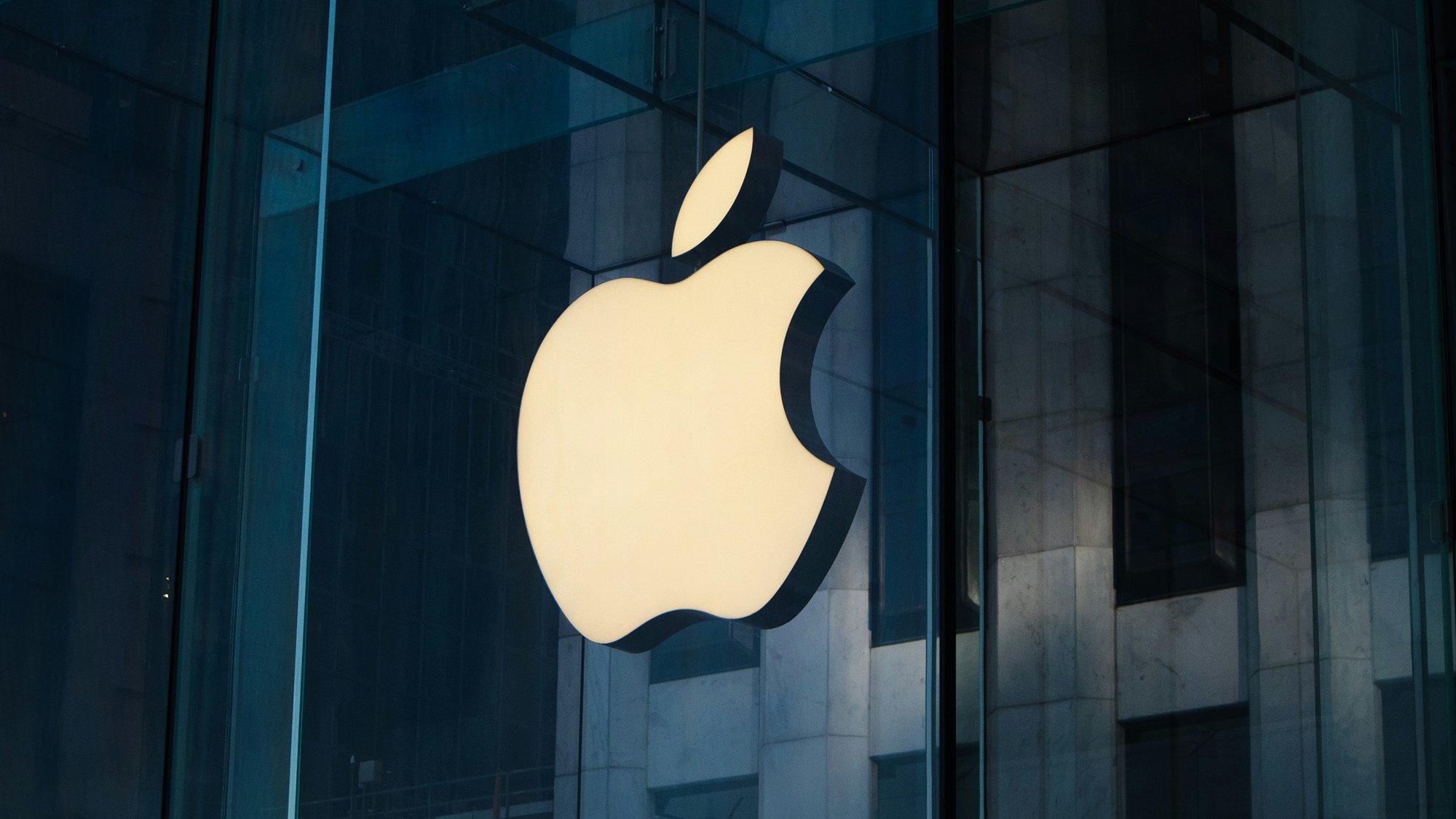
Sign up for breaking news, reviews, opinion, top tech deals, and more.
You are now subscribed
Your newsletter sign-up was successful
It's a move that's sent shockwaves through the entire tech industry: the US government, through the Department of Justice (DOJ), is suing Apple for what it sees as unfairly and illegally building a monopoly around the iPhone.
You can read the full filing here, but we're going to break down the key points for you here – why Apple is being sued, what it might mean for the iPhone and the tech industry in the future, and what the arguments are on both sides.
The story is likely to dominate tech headlines for years to come, and it asks fundamental questions about what's fair and proper in the technology business – just how far should big tech be allowed to go in order to protect market share and grow revenue? And how might this change the iPhones and devices we use every day – let's dig in...
Apple lawsuit: Why is Apple being sued?
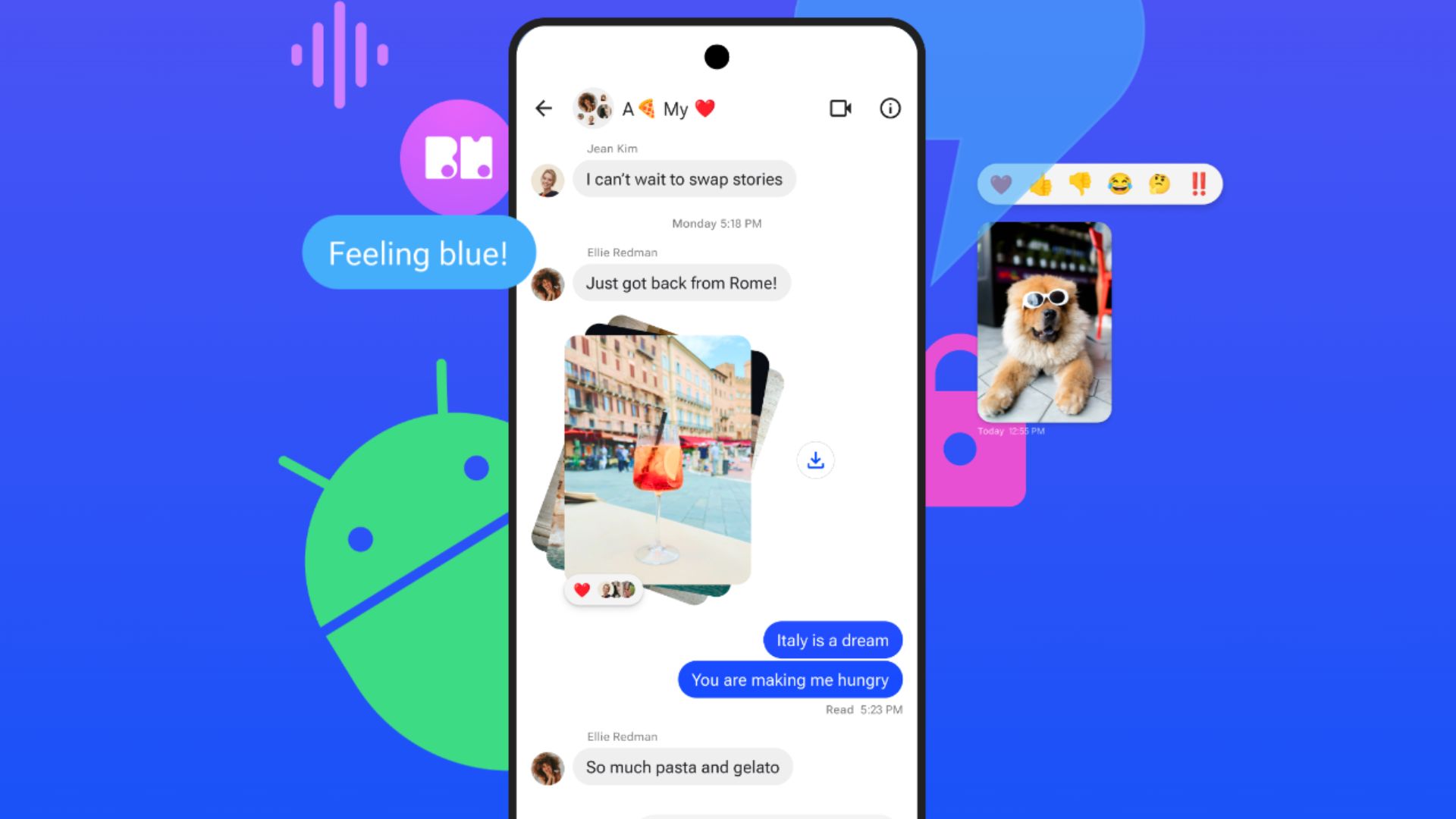
In the words of the DOJ, Apple's "exclusionary conduct" over the years has made it harder for users to switch smartphones, and for other companies to innovate their own apps and products, while driving up costs for developers, businesses and consumers. Those are the three main points of attack in the case against Apple.
In more specific terms, we're talking about decisions such as Apple blocking iMessage clients on Android phones, imposing a 30% tax on every purchase made through apps, and not enabling Android support for the Apple Watch. These are the same issues that Apple is in trouble with in the EU, though there's no guarantee that the US rulings will be the same as they have been in Europe.
As per the lawsuit, Apple's unfair practices touch web browsing, video calling, news subscriptions, entertainment services, automotive services, advertising, location services, and more besides. It's clear that Apple is intensely protective over technologies like FaceTime and CarPlay – but the big question is, is it being anticompetitive?
Apple lawsuit: Does the iPhone really have a monopoly?
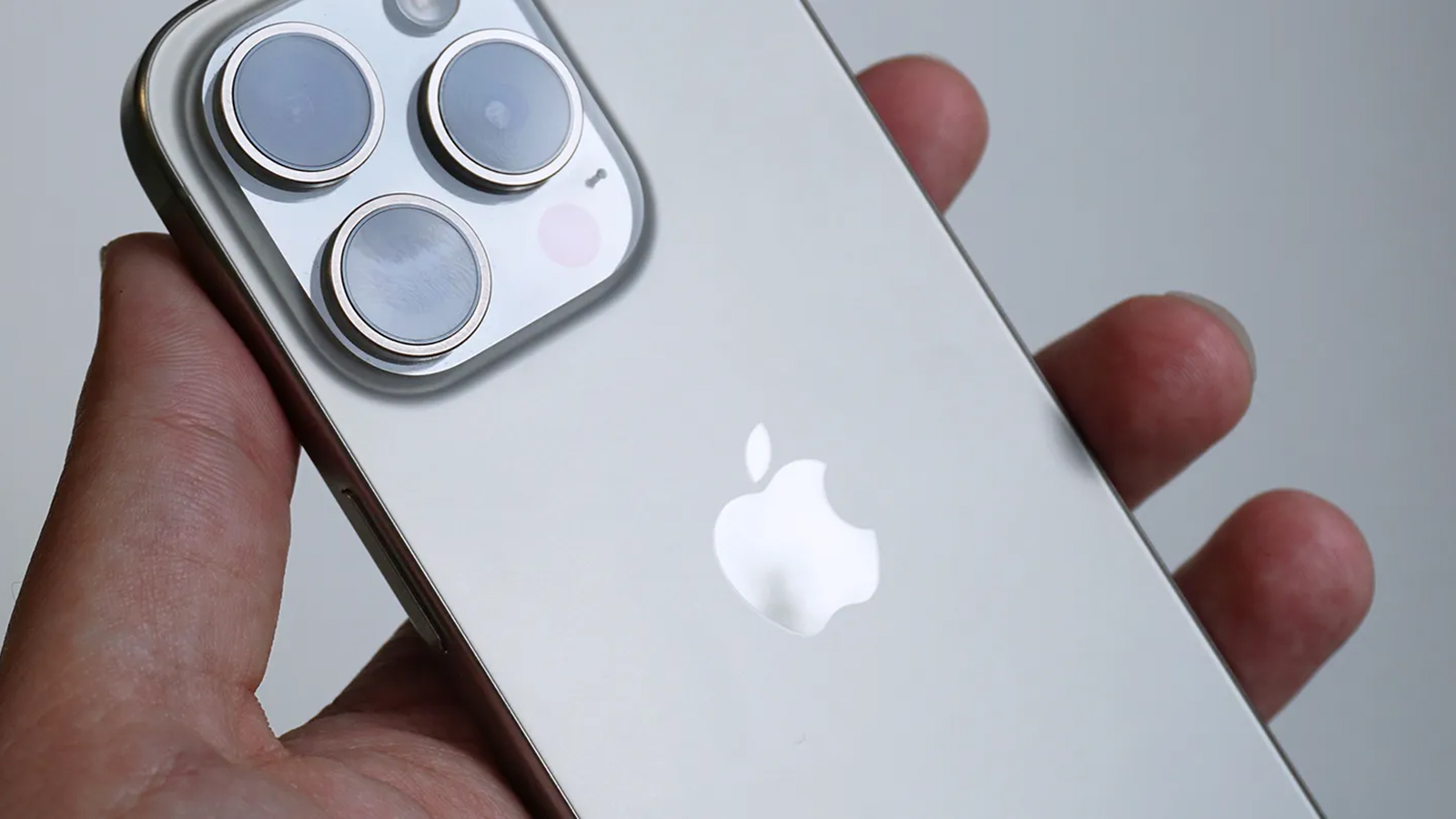
That's what the lawsuit alleges, though Apple, naturally, disagrees. There's going to be a lot of debate about this: for a start, no one is exactly sure about the market share the iPhone has in the US, though most estimates range around the 60% mark. The US lawsuit introduces the rather fuzzy concept of the "performance smartphone market", in which iPhones apparently account for over 70%. Around the world, roughly a fifth of smartphones sold are iPhones, which is hardly monopoly levels.
Sign up for breaking news, reviews, opinion, top tech deals, and more.
With the lawsuit being brought in the US, most of the debate is likely to focus on Apple's home country. Whatever figures you pick, more iPhones are sold than Android phones in the United States – is that because the iPhone is better, or because Apple makes it more difficult than it should be to move to Android? That's a key question in the case.
As our own US editor-in-chief Lance Ulanoff puts it: "It seems to me that the DOJ is confusing 'monopoly' with 'ecosystem'.’ Apple's full-stack control, from silicon to components to platform to consumer hardware, is almost unmatched in the industry. The Apple ecosystem, and the considerable consumer benefits it offers, springs directly from that control."
Apple lawsuit: How has Apple responded?
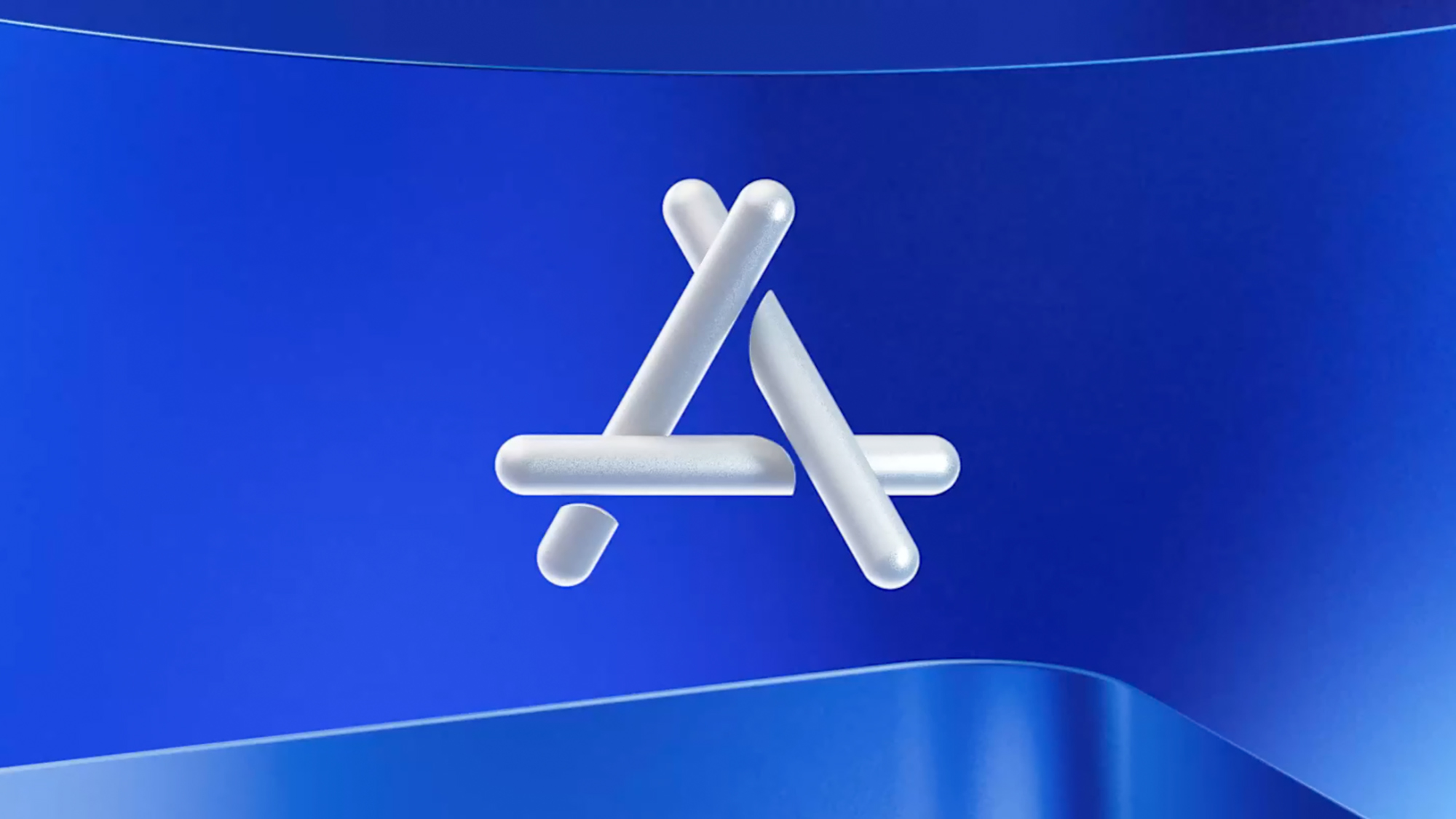
You would expect Apple to reject the DOJ's claims, and it has done so vehemently: "We believe this lawsuit is wrong on the facts and the law, and we will vigorously defend against it," Apple told us. "This lawsuit threatens who we are and the principles that set Apple products apart in fiercely competitive markets."
For just about every point being made by the DOJ, Apple's argument is that it's actually protecting users and (legally) protecting its own business in an ultra-competitive market. For example: keeping iMessage exclusive to Apple products means Apple can ensure the security and privacy of conversations on the platform, Apple would argue.
Apple has also pointed to the vast sums of money it generates for app developers – much more than developers get through Android – and believes it's far easier to switch between iPhones and Android phones than the DOJ makes out. What's more, it says that a win for the US government here would set a "dangerous precedent" when it comes to the authorities interfering in tech innovation and business freedom.
Apple lawsuit: what happens next?
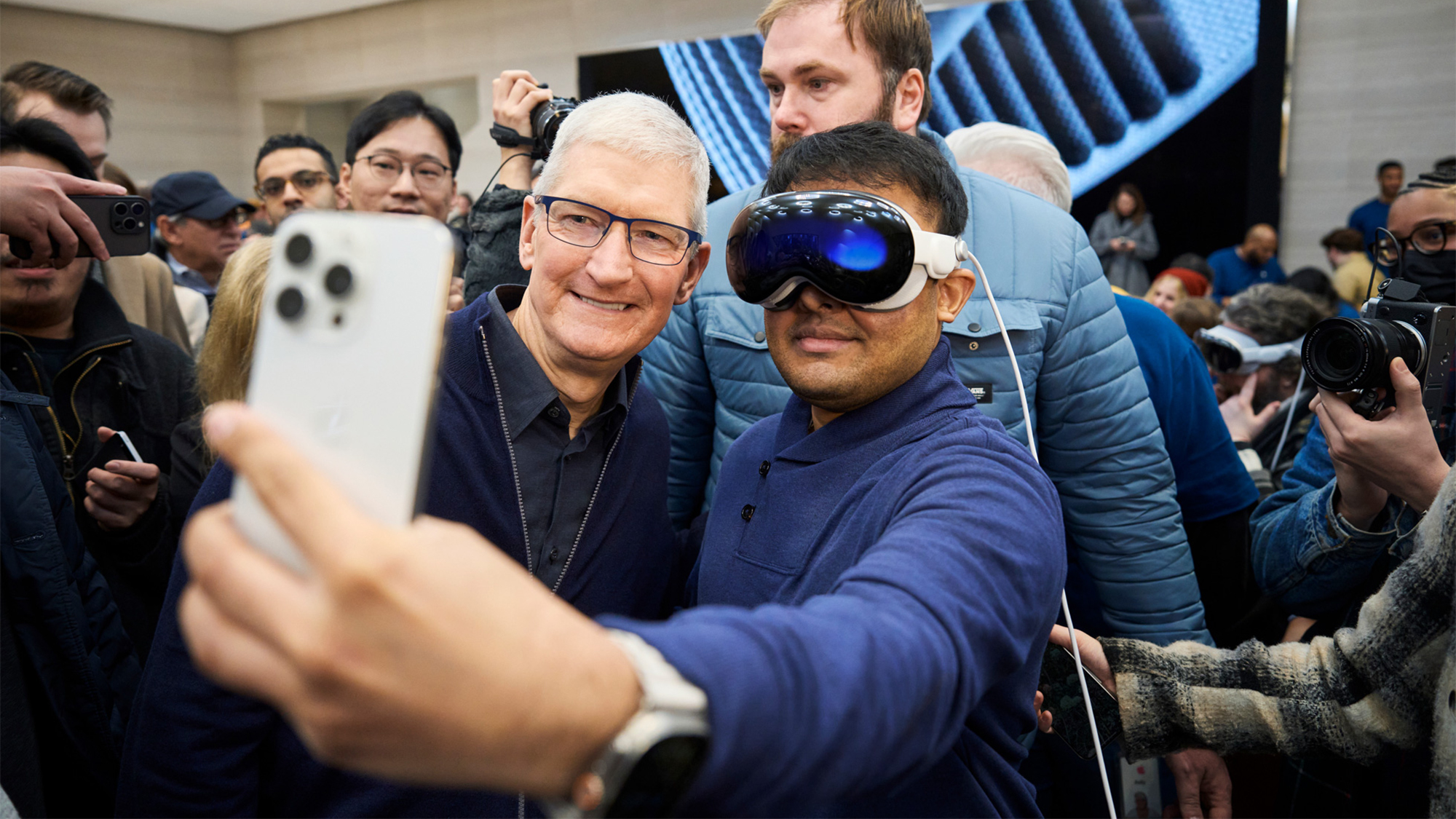
A lot of legal wrangling, to put it simply. This is going to take years to resolve, so don't expect anything to happen to the iPhone or to iOS immediately. If Apple wants to avoid a long and drawn-out debate in the courts, it might agree to a settlement – some analysts suggest this could take between 12 and 18 months.
Consider the case of the Epic Games lawsuit against Apple, which specifically challenged Apple's insistence that all iOS developers had to accept in-app payments through the Apple App Store – and only the App Store. Appeals around that case were still being heard in January 2024, though proceedings had started in August 2020. This is a much more complicated and far-ranging case.
For now, we're still waiting for the lawsuit to be assigned to a judge. After that, Apple may well ask for a dismissal of the case on the grounds that it's without merit. It's notable that the lawsuit was filed in the state of New Jersey, which may have been a strategic choice to get the case heard by parties friendly to antitrust rulings.
What does this mean for the iPhone?
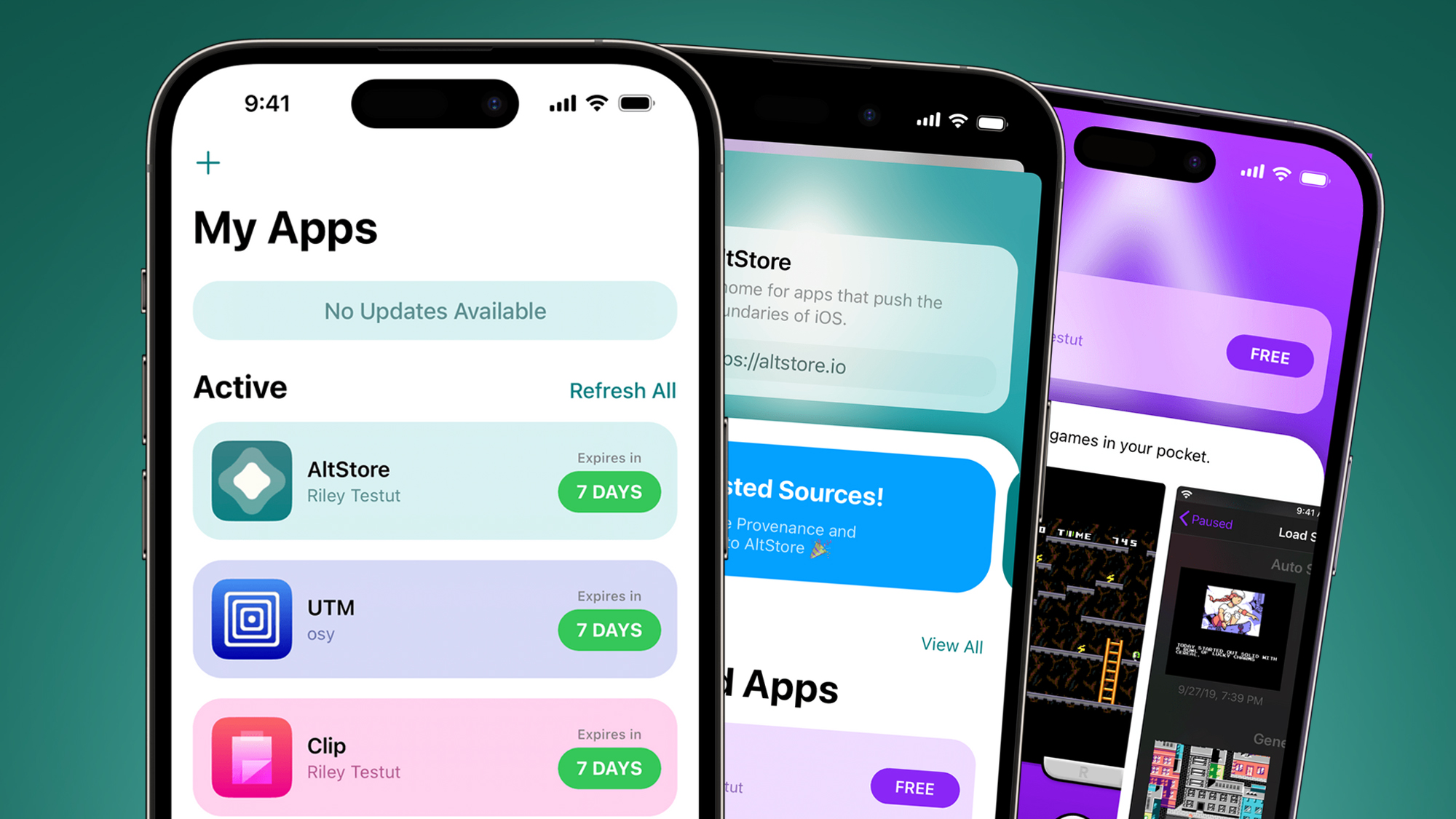
We're still in the very early stages of this legal battle, so it's hard to know for sure how this is going to affect the iPhone going forward. We can get some clues from what's already happened to Apple in the EU: however the case is decided, it's likely Apple will need to make some changes and concessions to the DOJ.
For example, users in the EU can now install alternative, third-party iPhone app stores, besides the official Apple one. That gives users more choice about where they get their apps and games from, and developers the opportunity to charge for in-app purchases without having to give 30% of the cut straight to Apple.
Apple has also been making a few pre-emptive moves to try and avoid antitrust legislation. It now allows so-called 'super apps' – apps that offer access to many other apps, like cloud gaming portals – on the App Store. It's also adding support for the RCS standard into its Messages app sometime this year.
This is what we're likely to see in the future: a more open iPhone, that's friendlier to other platforms and devices. It's hard to know just how extensive the changes will be, but we might eventually be talking about iMessage and FaceTime on Android, or the Apple Watch supporting Android (something Apple has said it's previously looked into, by the way).
It's going to be fascinating watching how this plays out, and we'll keep you updated at every stage of the process. It seems clear though, for better or worse, that the iPhone and Apple's other devices will never be quite the same again.
You might also like

Dave is a freelance tech journalist who has been writing about gadgets, apps and the web for more than two decades. Based out of Stockport, England, on TechRadar you'll find him covering news, features and reviews, particularly for phones, tablets and wearables. Working to ensure our breaking news coverage is the best in the business over weekends, David also has bylines at Gizmodo, T3, PopSci and a few other places besides, as well as being many years editing the likes of PC Explorer and The Hardware Handbook.